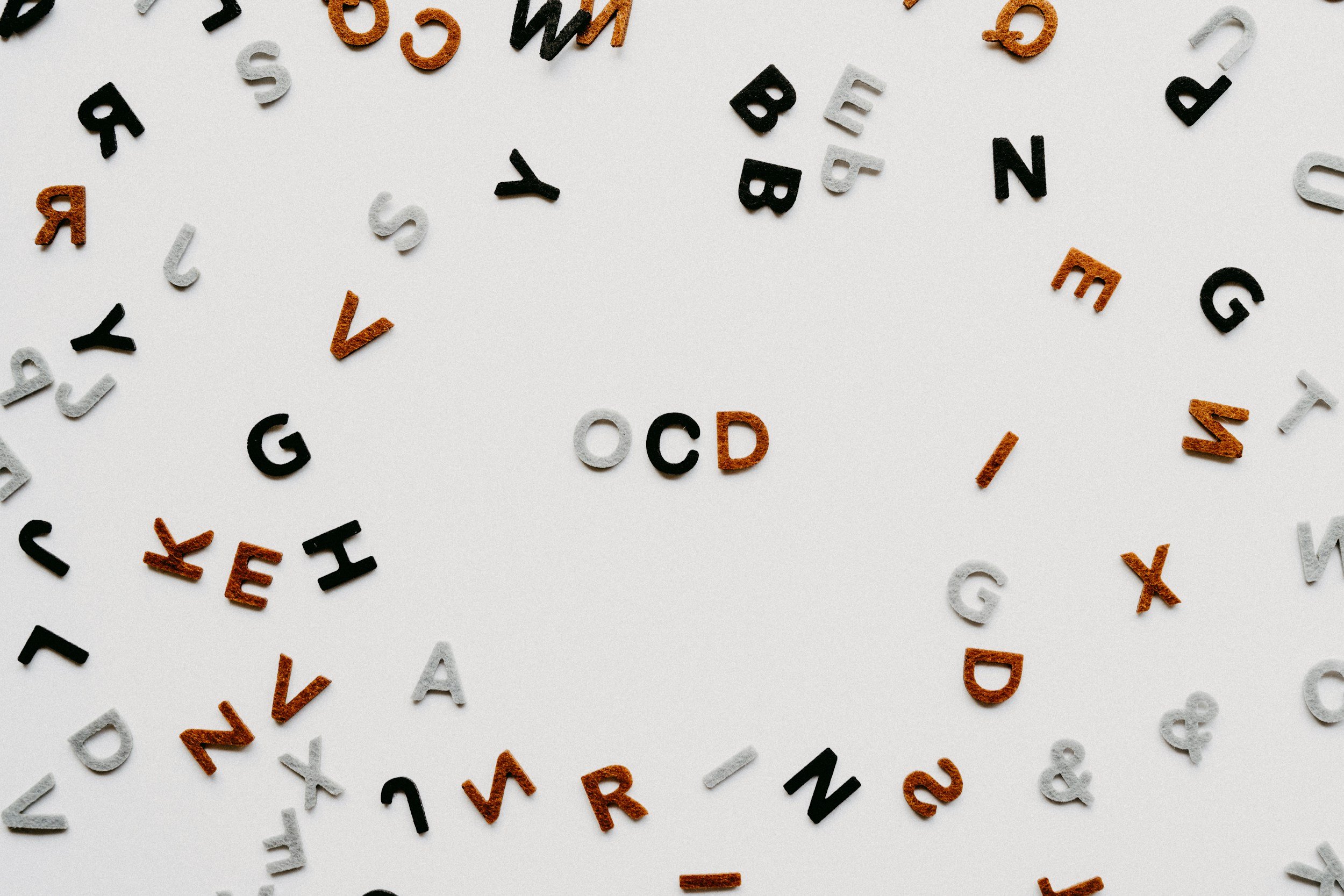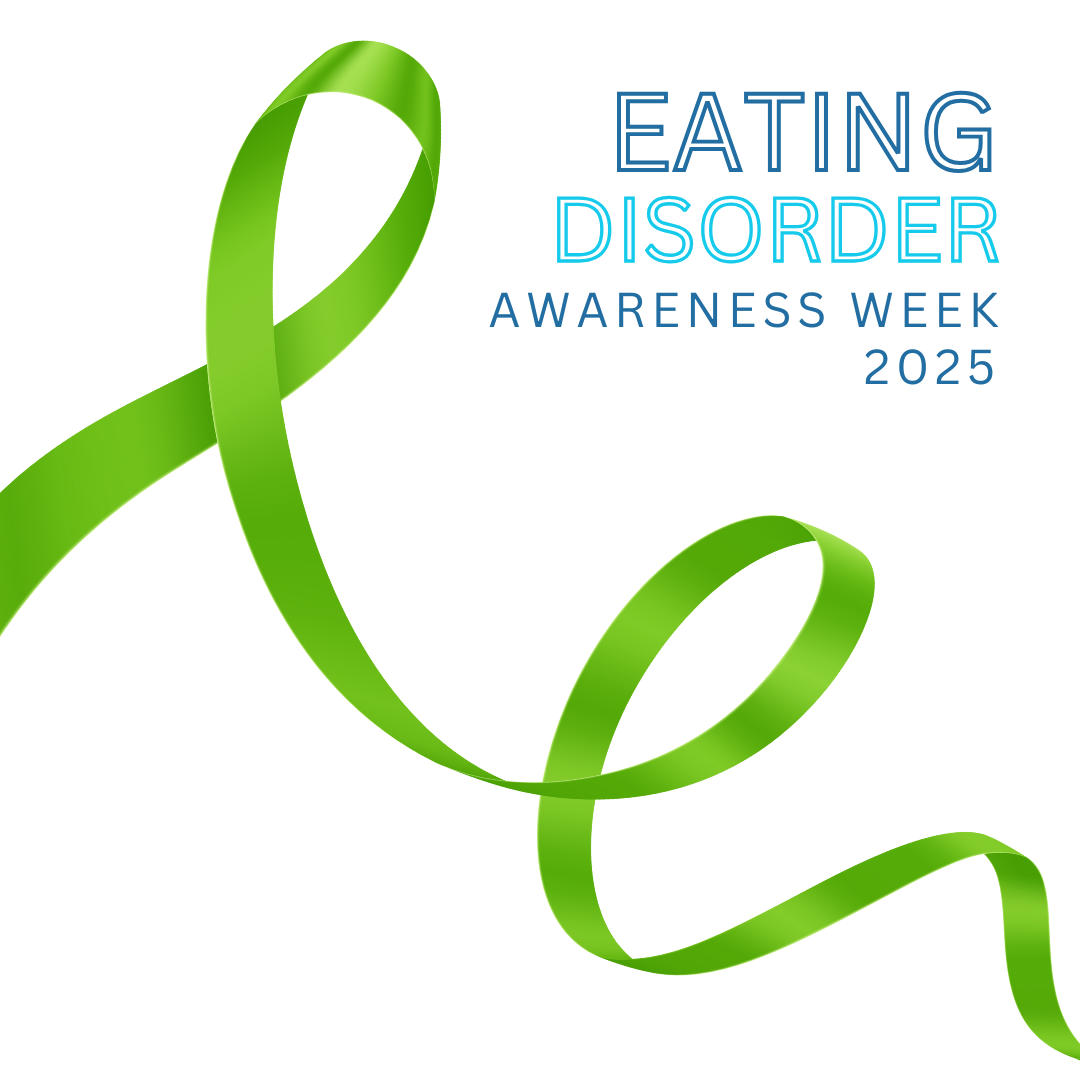
EATING DISORDER RECOVERY
BLOG
FIND WHAT YOU NEED

CBT-E for Teens: What Parents Need to Know
Learn how CBT-E supports teens recovering from eating disorders. This parent-friendly guide explains the structure, goals, and key components of CBT-E, including how parents can help create the consistency teens need to get better.

The Hidden Ways Diet Culture Sneaks Into Parenting
Even well-intentioned parents can feel unsure about how to talk about food and bodies. Here are simple ways to reduce diet-culture noise at home and support a more relaxed relationship with eating.

Fighting For, Not Against, Your Teen in Eating Disorder Recovery
When a teen develops an eating disorder, the rules of parenting seem to flip. Parents may fear being too controlling, yet stepping in with calm strength, structure, and compassion can be the very thing that helps their teen recover and feel safe again.

When does “healthy” turn into harmful?
It’s not always easy to tell when healthy habits cross the line into harmful patterns. Learn the key differences between disordered eating and eating disorders, why both matter, and how to know when it’s time to get help.

Why Weight Restoration Comes First in ARFID Treatment
Weight restoration is the first step in ARFID treatment. Learn why nutrition must come before food variety to support recovery, growth, and brain health.

Intuitive Eating and Eating Disorders: Why They Don’t Mix (At First)
Intuitive eating sounds simple—listen to your body and eat what feels right—but for those with eating disorders, it often isn’t possible. Restriction, bingeing, and food-related anxiety disrupt hunger and fullness cues, making intuition unreliable. Recovery requires structure and consistency first, so the body can reset and genuine intuitive eating becomes achievable.

Beyond the Binary: Understanding Eating Disorders in the LGBTQ+ Community
LGBTQ+ individuals are at significantly higher risk for eating disorders, yet often face systemic barriers to care. From body image pressures to gender dysphoria, and from social rejection to identity invalidation, these challenges can fuel disordered eating behaviors and delay treatment. Understanding the unique risks faced by lesbian, gay, bisexual, transgender, and non-binary individuals is key to delivering competent, compassionate care — and breaking the cycle of shame, silence, and suffering.

Understanding and Reducing Body Checking: What It Is and How to Stop
Body checking can feel like a way to manage anxiety about your appearance—but it often backfires. Learn what body checking is, why it happens, and how to break free.

Is Food Addiction Real? A Closer Look at the Science Behind “Losing Control” Around Food
Many people describe feeling “addicted” to food — overwhelmed by cravings and stuck in a cycle of guilt and overindulgence. But what if that out-of-control feeling isn’t addiction at all? What if it’s your body’s natural response to restriction? Research shows that both physical and mental deprivation can trigger intense food cravings and binge-like behavior — not because food is addictive, but because your brain is trying to protect you from famine. The path to healing isn’t more control — it’s more trust and nourishment.

When Trauma and Eating Disorders Overlap: How Integrated Therapy Can Help
When eating disorders and trauma overlap, healing requires more than symptom management. Therapies like EMDR, somatic experiencing, and DBT-PE can support recovery by addressing the nervous system, emotional memory, and deep-seated patterns that drive disordered eating.

When Eating Disorders and OCD Collide: How to Tell What's What
Restrictive eating and OCD can involve strikingly similar rituals—meticulous food prep, rigid routines, intense anxiety. But the beliefs driving these behaviors are often very different. This article explores how to tell the difference and why it matters for treatment and long-term recovery.

When Your Body Becomes the Measure of Your Worth
Body image work in therapy isn’t about learning to love how you look—it’s about loosening the grip appearance has on your sense of worth. When identity expands beyond the body, life starts to feel less like a performance and more like something you're allowed to fully inhabit.

Body Dysmorphic Disorder: More Than Just Poor Body Image
Body dysmorphic disorder is more than low self-esteem or vanity—it’s a serious mental health condition. Explore common symptoms of BDD, what causes it, and the most effective treatment options available today.

Feeling Fat: Working Through Sensations and beliefs in Anorexia REcovery
The sensation of "feeling fat" in recovery is not an accurate reflection of body size but rather a response to physical and emotional changes. Temporary fat redistribution, digestive discomfort, and body image distortions all contribute to this distress. These feelings are real but not necessarily true. By understanding their causes, individuals can reframe their thoughts, build tolerance for discomfort, and navigate recovery with greater self-compassion.

When Exercise Becomes a Compulsion: Recognizing the Signs of compulsive Exercise
Exercise is often celebrated as an essential part of a healthy lifestyle, but for some, it can go beyond a beneficial habit and become a compulsion. Compulsive exercise, or exercise addiction, is when the need to work out becomes overwhelming, even at the expense of physical health and emotional well-being. While it may begin as a desire to stay fit or improve mood, for many, it evolves into an unrelenting drive that can take over. Recognizing the signs of compulsive exercise and understanding when it moves from healthy to harmful is crucial for both individuals and loved ones.

Eating Disorder Awareness: Unveiling Misconceptions About Eating Disorders
As Eating Disorder Awareness Week comes to a close, it’s important to challenge the misconceptions that surround these complex conditions. Eating disorders are not just about food or appearance—they are deeply rooted in mental health, trauma, and biology. These conditions can affect anyone, regardless of age, gender, or body type, and recovery is possible with the right support and treatment. By debunking these myths, we can foster a more compassionate, informed approach to understanding and supporting those who are struggling.

The Importance of Family Support in Adult Patients with Eating Disorders
Eating disorders in adults can be difficult to treat, requiring a multifaceted approach with support from many angles, including the involvement of family. Family support plays a significant role in fostering an environment of compassion, understanding, and encouragement, crucial for the recovery process. With family involvement, emotional stability and external perspective are provided to help an adult patient overcome isolation, develop healthier behaviors, and achieve long-term recovery. Family members can also help identify relapse triggers, provide consistency, and empower the individual’s autonomy.

Understanding Childhood Trauma and Its Connection to Eating Disorders
Childhood trauma often leaves emotional scars that can impact mental health and behaviors well into adulthood. For some, this pain manifests in disordered eating habits. Healing is possible, and it begins with understanding the connection between your past experiences and present struggles. Therapy can provide the tools to process trauma and build healthier coping mechanisms. If you're ready to take the first step toward healing, you don’t have to do it alone.

Let Go of the Past and Choose Your Next Meal with Intention
The past has no power over the present moment, and this is especially true when it comes to food. It’s easy to fall into the trap of guilt and perfectionism after a meal that doesn’t go as planned, but one choice doesn’t define your entire day. Let go of the "all-or-nothing" mindset and embrace the freedom of the present moment. Whether you're recovering from an eating disorder or simply striving for a healthier relationship with food, each meal is an opportunity to reset. Release guilt, tune into your body’s cues, and choose to nourish yourself with intention. Remember, eating isn’t about perfection—it’s about balance, self-care, and the power to begin again, no matter what happened earlier. Choose your next meal with intention, and let go of the past.

How to Find an Eating Disorder Treatment Specialist: A Comprehensive Guide to Finding the Right Professional for You
Finding the Right Eating Disorder Treatment Specialist: A Guide to Recovery
If you or someone you know is struggling with an eating disorder, such as anorexia nervosa, bulimia nervosa, or binge eating disorder, finding the right treatment is crucial for recovery. Eating disorders are complex mental health conditions that require specialized care from experienced professionals. Evidence-based treatments like Cognitive Behavioral Therapy (CBT-E), Dialectical Behavior Therapy (DBT), Family-Based Therapy (FBT), and Interpersonal Therapy (IPT) are proven to help in recovery.
Why it’s Important to Choose the Right Specialist
Eating disorders affect both physical and mental health. An experienced specialist can address underlying emotional, psychological, and behavioral patterns to support long-term recovery.
Step 1: Understand Effective Treatments
Explore therapies like CBT-E, DBT, and FBT, all of which are evidence-based and effective for treating eating disorders.
Step 2: Find Qualified Specialists
Use specialized directories such as the National Eating Disorders Association (NEDA) and Psychology Today to find experienced eating disorder treatment providers. Your healthcare provider can also offer referrals.
Step 3: Evaluate the Specialist’s Approach
Look for individualized, holistic treatment plans that address both mental and physical health. Ensure that the specialist’s approach is structured and focuses on progress.
Step 4: Assess the Fit
Comfort and trust are essential in therapy. Choose a specialist who demonstrates empathy, non-judgment, and clear communication.
Step 5: Monitor Progress
Recovery is a journey. Regular assessments and adjustments to the treatment plan will ensure continued progress.
Choosing the right eating disorder treatment specialist is an empowering step toward healing. Recovery is possible, and the right professional can help you or your loved one develop a healthier relationship with food and body image.
